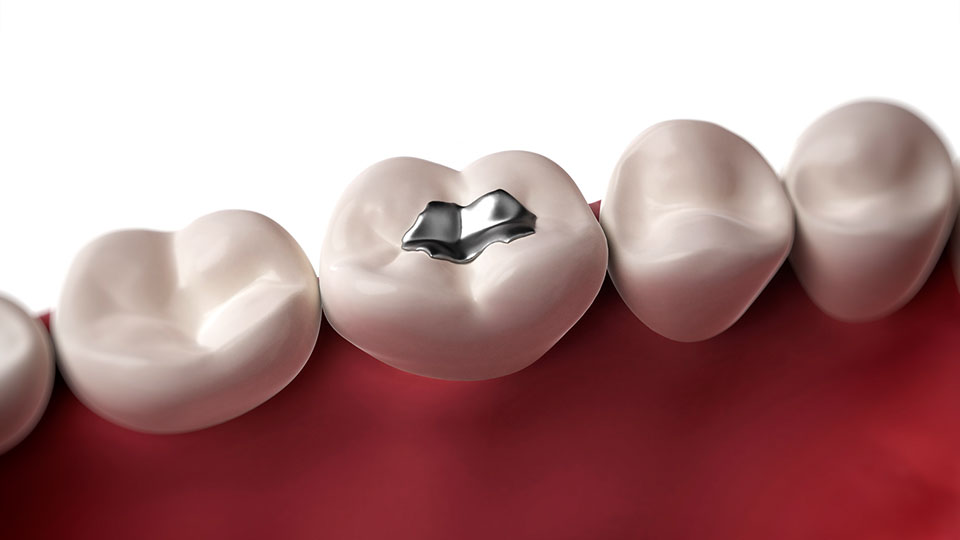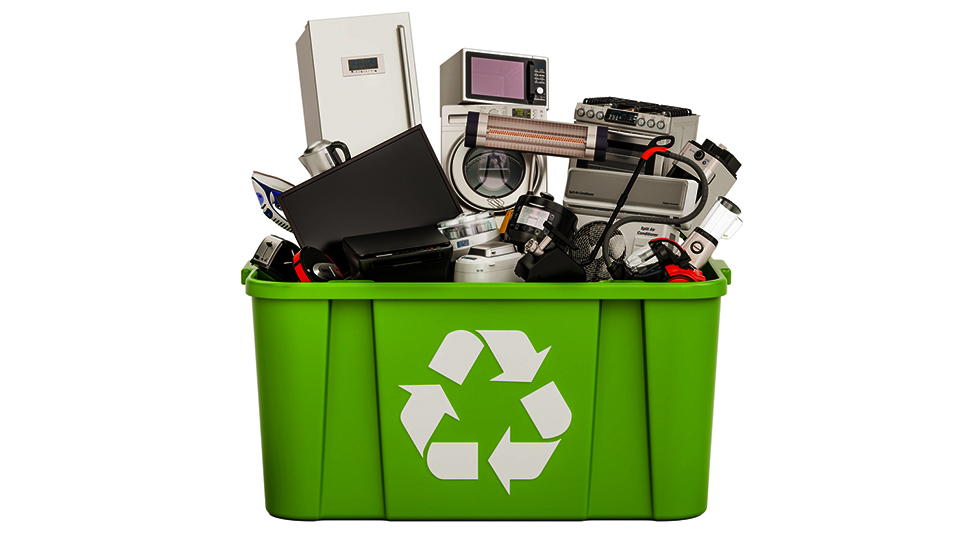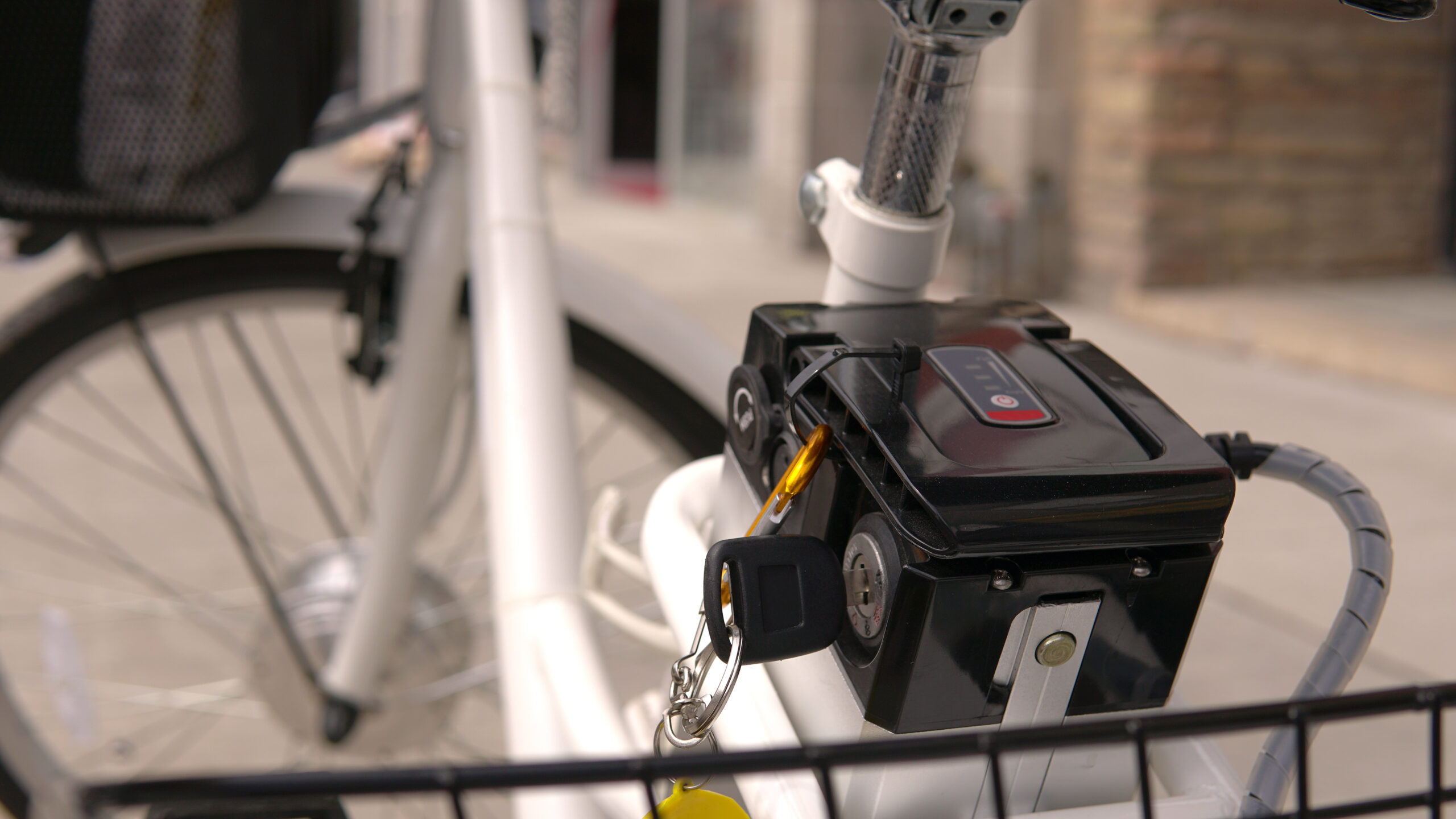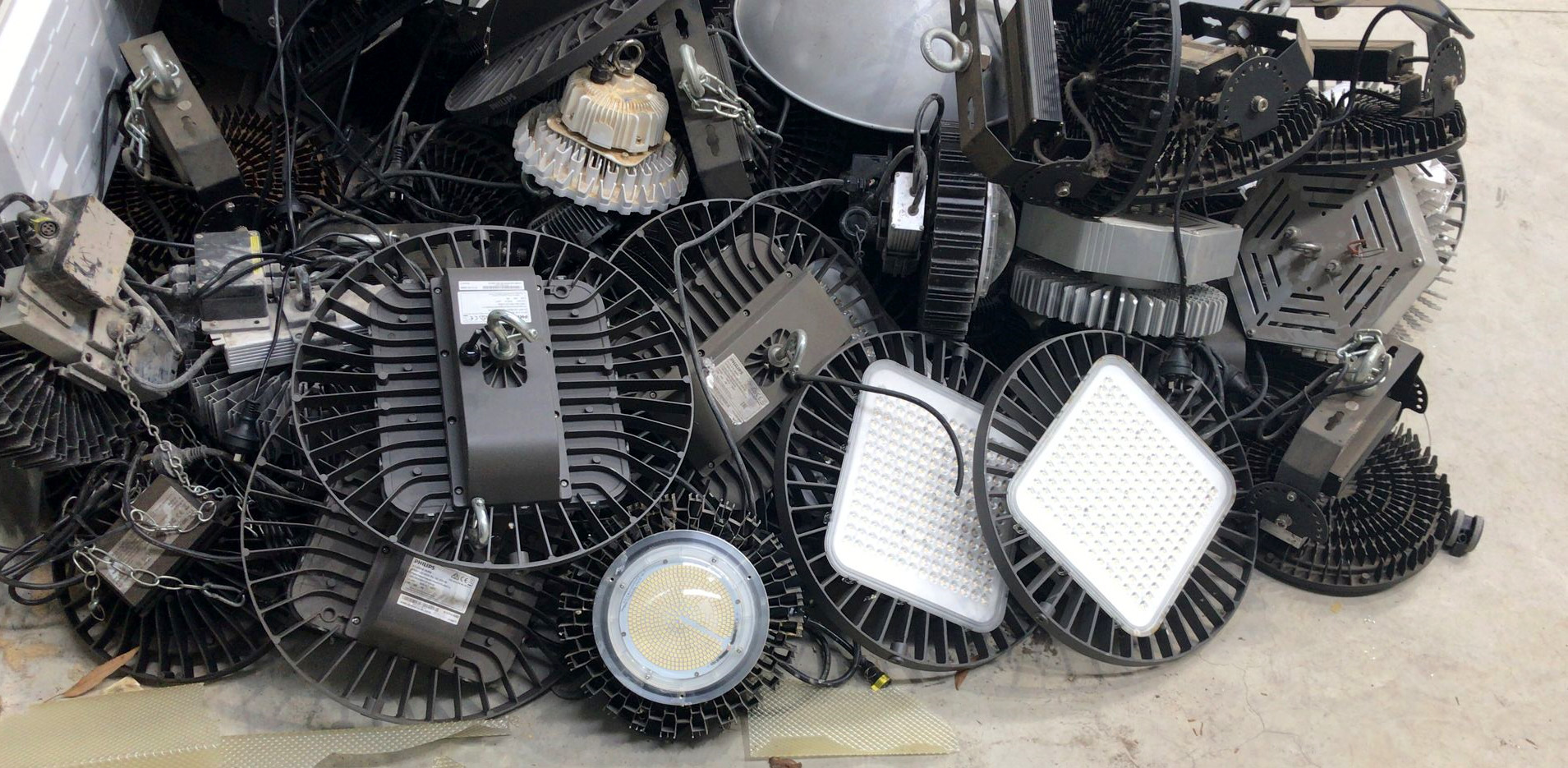Switching to smart lights is important for the future of recycling, slashing the amount of energy used on lighting while improving our environmental footprint.
Smart lights use light emitting diodes (LEDs) and have been widely welcomed in homes and workplaces for their technological features like remotely turning on the lights on, via a mobile phone or voice assistant, and adjusting brightness.
While these tech shortcuts are fun and useful, smart lights really shine when it comes to energy consumption and durability compared to traditional halogen, incandescent and fluorescent bulbs.
The arrival of smart LED lights couldn’t come sooner, with power prices continuing to rise and lighting making up roughly 10 per cent of the average household electricity budget in Australia.
The benefits of smart lights
LED lights are super energy efficient compared to older-style bulbs, using about 75 per cent less energy than halogen lights.
These modern globes also last five to 10 times longer than halogens, so fewer replacements are needed over time.
On average, an Australian household can expect to save about $650 over a decade by replacing 10 halogen bulbs with LEDs, according to energy.gov.au.
Additionally, you should be able to recover the upfront costs of an LED bulb in less than a year through lower electricity bills.
Smart lights and the future of recycling
The smart light movement is not only great for your wallet but also a step in the right direction when it comes to protecting the environment.
Firstly, LEDs can be recycled and run much longer than traditional bulbs, reducing the huge volumes of lighting waste that ends up in landfill every year.
That’s because incandescent globes and halogens are made from cheaper and non-toxic materials, meaning they often aren’t recycled.
Then there are mercury-containing fluorescent tubes and compact fluorescent lamps (CFLs) that should be recycled but sometimes end up in landfill if they are broken beforehand.
Recycling LED bulbs also recovers glass, aluminium and other materials and reuses them in new products. This has a much smaller environmental impact compared to extracting and manufacturing new bulbs from raw materials.
Smart LED bulbs can become even more energy efficient when they are optimised with timers and sensors that respond to motion and natural light.
Smart light recycling solutions
Recycling smart LED lights is super easy for households — just check with your local council where your nearest drop off point is or visit the Recycling Near You website.
For businesses and larger organisations, lighting recycling services available at Ecocycle can provide recycling programs tailored to your business needs.
We oversee the entire process from the supply of boxes and stillages though to collection, as well as the provision of recycling certificates.
If you want more information about recycling smart lights or our lighting recycling solutions, just give us a call us on 1300 32 62 92 or fill out the form below.






